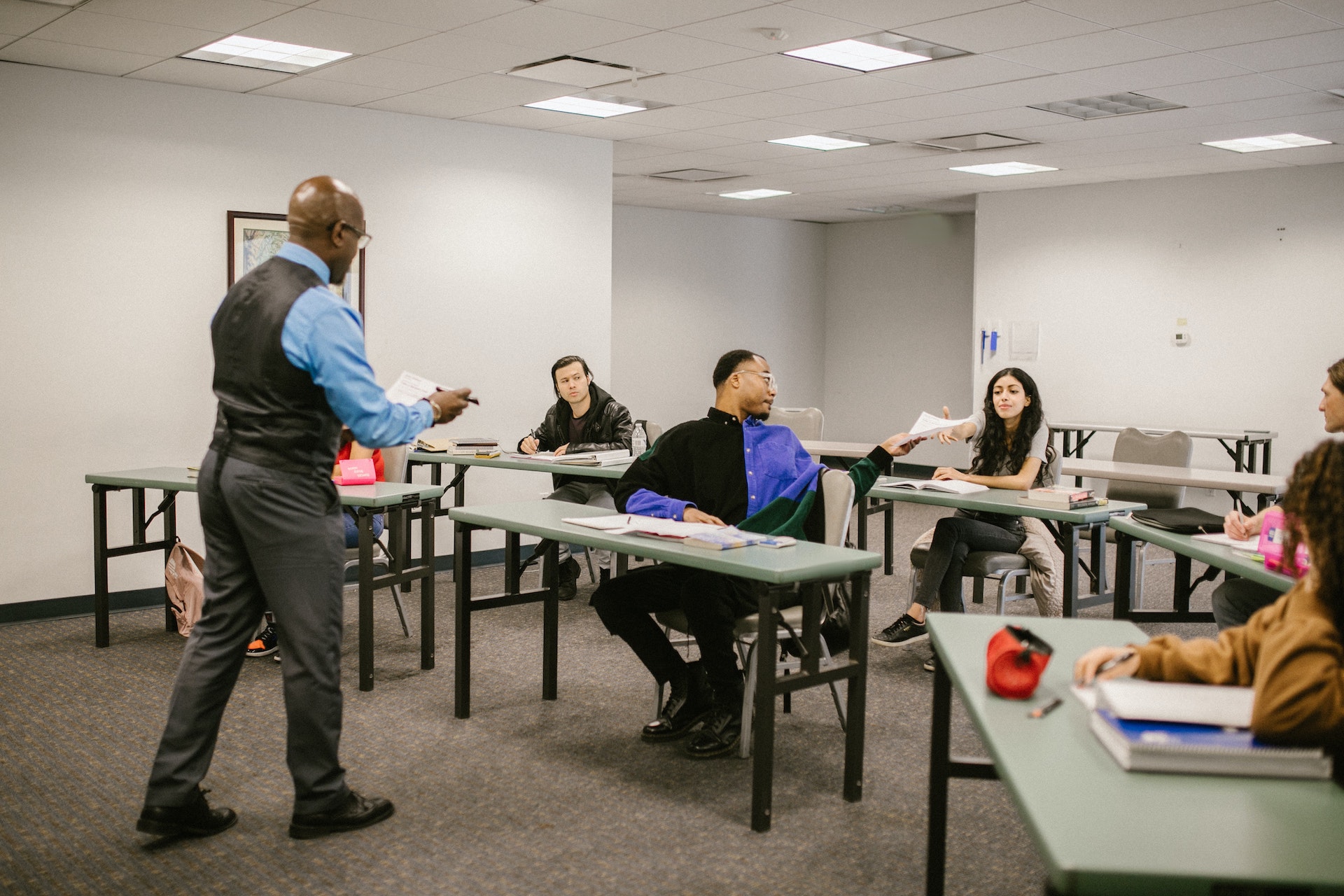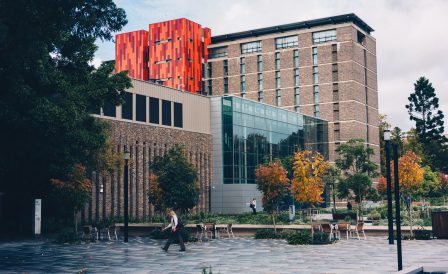The education system in Australia is quite simple and is divided into several stages. This is very convenient, as it allows you to move up the educational ladder gradually and, at the same time, have flexibility in terms of qualification, speciality and education providers.
Preschool Education
Preschool education is not compulsory in Australia, but many children start attending a kindergarten or learning centre to prepare for school at the age of 4-6, a year before primary school. In Western Australia and Queensland, early childhood education is part of the primary school curriculum.
School Education
School education is compulsory in Australia. Children start going to school at the age of 5. The duration of training is 13 years (from year 0 to 12). School education in Australia is divided into:
- Primary school – from year 0 to 6 (or 7 in a few states).
- Secondary school – from year 7 (or 8) to 10.
- Senior secondary school – years 11 and 12.
After year 10, students can leave the school. However, in order to enter a higher education institution, they must complete years 11 and 12.

Tertiary Education
The tertiary education system is regulated by the Australian Qualifications Framework (AQF), which consists of 10 levels. The first level is the lowest qualification, level 10 is the highest. Let’s take a closer look at them.
Level 1 – Certificate I
Foundational knowledge for everyday life, further learning and preparation for initial work. To enrol in Certificate I, students are required to complete 10 years of secondary school. However, students also can receive this certificate during school studies.
Duration of study – 3-6 Months
Level 2 – Certificate II
Basic vocational skills and knowledge of a defined area of work and learning.Like Level 1, students can enrol at this level after 10 years of secondary school or complete it during the school studies.
Duration of study – 6-12 months
Level 3 – Certificate III
Factual, technical, procedural and some theoretical knowledge of a specific area of work and learning. To enrol in Certificate III, a student is required to complete 10 years of secondary school.
Duration of study – 6-12 months.
Level 4 – Certificate IV
Broad factual, technical and some theoretical knowledge of a specific area or a broad field of work and learning. Students can enrol in this level after year 12 of secondary school.
Duration of study – 1 Year
Level 5 – Diploma
Specialised knowledge and skills for skilled/paraprofessional work and further learning. Enrolment requirements – complete year 12 of secondary school.
Duration of study – from 1 to 2 years.
Level 6 – Advanced Diploma, Associate Degree
Broad knowledge and skills for paraprofessional/highly skilled work and further learning.
Duration of study – from 2 to 2.5 years.
Level 7 – Bachelor Degree
Broad and coherent theoretical and technical knowledge with depth in one or more disciplines or areas of practice.
Duration of study – from 3 to 4 years.

Level 8 – Bachelor Honours Degree, Graduate Certificate, Graduate Diploma
Advanced theoretical and technical knowledge in one or more disciplines or areas of practice.
Bachelor Honours Degree is most common in fields of study such as engineering and law and involves a high academic workload and a research project.
Duration of study – 4 years.
Graduate Certificates and Graduate Diplomas are for those who already have a Bachelor Degree but want to narrow their specialisation or get a new one that is related to their Bachelor Degree.
Duration of study – 6 months for a Certificate and 1 year for a Diploma.
Level 9 – Master’s Degree
Specialised knowledge and skills for research and professional practice, advanced and integrated understanding of a complex body of knowledge in one or more disciplines or areas of practice.
Master’s Degrees in Australia can be of three types:
- Master by coursework – combines coursework and a research component. Can be completed in 1-2 years.
- Master by research – consists mostly of research and requires the completion of a thesis. Duration of study – 1-2 years.
Level 10 – Doctoral Degree
Systematic and critical understanding of a complex field of learning and specialised research skills for the advancement of learning and professional practice.
It is the highest degree in Australia. Studying a Doctoral Degree involves a lot of research work and writing a thesis, which should be assessed by the science community. The thesis should contribute to science development.
Duration of study – 2-4 years.
Education Providers for Qualifications
In general, different levels of qualifications are delivered by three types of education providers in Australia:
- Private Colleges – the least prestigious education providers, but the most affordable, which is important for international students. They offer qualifications of Level 1-6 and Graduate Diplomas.
- TAFE (Technical and Further Education) – state polytechnics, providing mainly vocational training focused on practice and further employment. They usually offer levels 1-6, but in some TAFE institutions, you can get bachelor’s and master’s degrees.
- Universities offer the most prestigious education, generally from levels 7 to10. They also provide short and specific courses and cover all levels of the Australian qualification level framework.
Read more about education providers in Australia
Career Prospects After Graduation in Australia
Successfully graduated students can apply for a Temporary Graduate Visa (subclass 485), allowing them to remain in Australia to live, study or work for up to four years. For students who have lived and studied in regional Australia, a further extension of up to four years is available.



